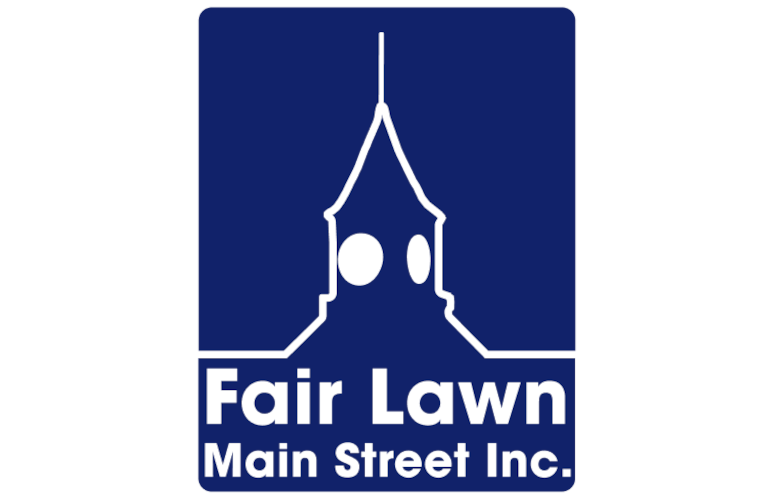
NJEDA Approves Rules for Aspire Development Tax Credit Program
On Nov 10, 2021The New Jersey Economic Development Authority Board today approved rules for the Aspire Program, a place-based economic development program created under the New Jersey Economic Recovery Act of 2020 (ERA) that supports mixed use, transit-oriented development by providing tax credits to commercial and residential real estate development projects that have financing gaps.
As authorized by the ERA, the Board approved rules that will be effective immediately for a short-term duration, enabling the NJEDA to move forward with instituting the program this year. Concurrently, the Board also approved publishing the rules for public comment prior to adopting longer-term rules.
“New Jersey’s economy is growing, and with economic growth comes the need for housing and commercial development,” said Governor Phil Murphy. “The Aspire Program is a much-needed incentive that will support the construction of new housing and commercial projects throughout the state, with an emphasis on communities that have been left out of growth in the past.”
“Supporting equitable development and growth that aligns with communities’ priorities is central to Governor Murphy’s economic plan,” said NJEDA Chief Executive Officer Tim Sullivan. “The Aspire Program rules approved today establish the framework for a robust policy that will support much-needed mixed use, transit-oriented development in communities all around New Jersey. Importantly, these rules also build in much-needed safeguards to ensure transparency, accountability, and fiscal responsibility. This is an important step forward for New Jersey that will drive sustainable, inclusive growth.”
The Aspire Program encourages mixed use, transit-oriented development in New Jersey by providing tax credits to commercial and residential development projects that have a financing gap. The amount of tax credits a project is eligible to receive is a percentage of the project’s eligible costs, subject to a cap that is determined by the project’s location, other financing available, and other aspects of the project. Most projects are eligible for tax credits up to $42 million, but projects that meet specific criteria may receive tax credits up to $60 million. Projects that qualify as “transformative projects” may receive tax credits up to $350 million.
To be eligible for Aspire Program tax credits, a project must be located in an eligible incentive location, which may include: Planning Area 1, Aviation District, Port District, or Planning Area 2 or other Designated Center that is within a half mile of a rail transit station or a high frequency bus stop. Film production projects may be located anywhere in the State.
Projects must also meet minimum size and cost thresholds. Commercial projects must include at least 100,000 square feet of retail or commercial space. Residential projects must have eligible project costs totaling $5 million to $17.5 million depending on location.
Projects that meet certain parameters can qualify as “transformative projects” and receive tax credits above and beyond the caps that are established for standard projects. Transformative projects must have eligible costs of at least $100 million and be at least 500,000 square feet or up to 250,000 square feet for film studio projects. Transformative projects must also demonstrate special economic importance to New Jersey and leverage New Jersey’s mass transit assets, higher education assets, and other economic development assets to attract or retain employers and skilled workers.
In addition to meeting these baseline eligibility requirements, the developer of a project seeking Aspire Program tax credits must be in substantial good standing with the New Jersey Department of Labor and Workforce Development (DOL), the New Jersey Department of Environmental Protection (DEP), and the Department of the Treasury. Projects must also comply with environmental laws (including flood hazard requirements), meet green building requirements, and pay prevailing wages to construction workers and building service workers. Retail, warehouse, and/or hospitality establishments with a certain number of employees that are included in projects with a State proprietary interest and that receive tax credits must enter into a labor harmony agreement with a labor organization or cooperating labor organizations that represent relevant employees in the State.
In line with Governor Murphy and the NJEDA’s commitment to fiscal responsibility and transparency, the Aspire Program rules include provisions, such as a gap financing review, excess revenue sharing requirements, and a net positive economic benefit test for most projects, to ensure tax credits are awarded responsibly.
Collectively, projects under the Aspire Program and the Emerge Program – a separate ERA tax incentive program focused on attracting high-quality jobs to New Jersey – are subject to a program cap of $1.1 billion per year in tax credit awards for each of the first six years of the programs, with the cap split between northern and southern counties. Unused amounts may be carried forward each year, and any remaining unused tax credits are available in the seventh year.
To access more business news, visit NJB News Now.
Related Articles:





